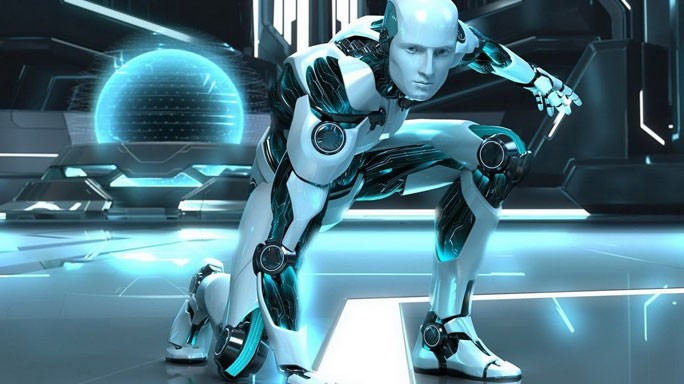Let’s say computers come for most of our jobs. This may not seem likely at the moment; computer scientists and economists offer wildly varying ideas for how deeply automation will affect future employment.
But for the sake of argument, imagine that within two or three decades we’ll have morphed into the Robotic States of America.
In Robot America, most manual laborers will have been replaced by herculean bots. Truck drivers, cabbies, delivery workers and airline pilots will have been superseded by vehicles that do it all. Doctors, lawyers, business executives and even technology columnists for The New York Times will have seen their ranks thinned by charming, attractive, all-knowing algorithms.
How will society function after humanity has been made redundant? Technologists and economists have been grappling with this fear for decades, but in the last few years, one idea has gained widespread interest — including from some of the very technologists who are now building the bot-ruled future.
Their plan is known as “universal basic income,” or U.B.I., and it goes like this: As the jobs dry up because of the spread of artificial intelligence, why not just give everyone a paycheck?
Imagine the government sending each adult about $1,000 a month, about enough to cover housing, food, health care and other basic needs for many Americans. U.B.I. would be aimed at easing the dislocation caused by technological progress, but it would also be bigger than that.
While U.B.I. has been associated with left-leaning academics, feminists and other progressive activists, it has lately been adopted by a wider range of thinkers, including some libertarians and conservatives. It has also gained support among a cadre of venture capitalists in New York and Silicon Valley, the people most familiar with the potential for technology to alter modern work.
Rather than a job-killing catastrophe, tech supporters of U.B.I. consider machine intelligence to be something like a natural bounty for society: The country has struck oil, and now it can hand out checks to each of its citizens.
See more at:
The New york Times / Farhad Manjoo





